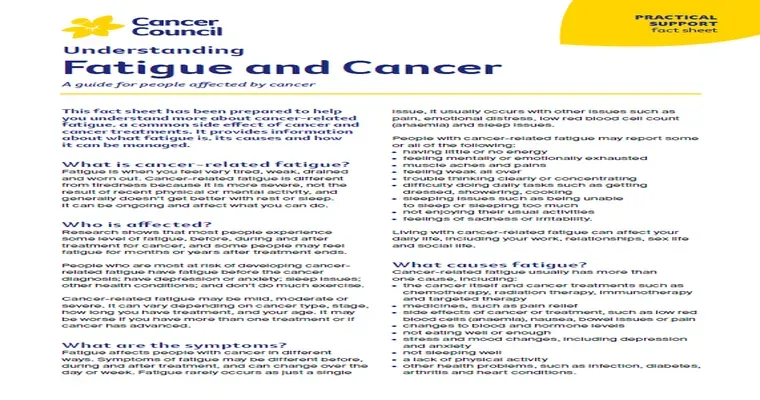"Chemotherapy" is a widely known treatment option for cancer, designed to kill cancer cells or inhibit their growth. This medical approach utilizes powerful "drugs" that target rapidly dividing cells, making it effective against various types of cancer. However, while chemotherapy can be life-saving, it is essential to understand what it entails and the potential "side effects" that may arise during treatment.
Chemotherapy works by disrupting the cancer cell cycle, ultimately leading to cell death. The treatment can be administered in different ways, including intravenously, orally, or through injections. The specific "chemotherapy regimen"—which may involve a single drug or a combination of drugs—depends on several factors, including the type of cancer, its stage, and the overall health of the patient.
Despite its effectiveness, chemotherapy is notorious for its side effects, which can vary from person to person. Common side effects include:
1. "Nausea and Vomiting": Many patients experience gastrointestinal discomfort, which can often be managed with anti-nausea medications.
2. "Fatigue": A profound sense of tiredness is common, as chemotherapy can affect the body's energy levels and immune function.
3. "Hair Loss": Some chemotherapy drugs can cause hair loss, which can be distressing for many patients.
4. "Mouth Sores": Chemotherapy can lead to sores in the mouth and throat, making eating and drinking uncomfortable.
5. "Changes in Appetite": Patients may experience changes in taste or a loss of appetite, which can affect their nutritional intake.
6. "Increased Risk of Infection": Since chemotherapy targets rapidly dividing cells, it can also affect healthy cells, particularly those in the bone marrow. This can lower white blood cell counts and increase the risk of infections.
7. "Anemia": A decrease in red blood cells can lead to anemia, causing symptoms like fatigue and weakness.
While these side effects can be challenging, many are temporary and can be managed with the help of healthcare professionals. It is crucial for patients to communicate openly with their medical team about any side effects they experience, as adjustments to the treatment plan may be necessary.
In conclusion, chemotherapy remains a cornerstone in the fight against cancer, offering hope and potential for remission. Understanding "what chemotherapy is" and the possible "side effects" is essential for patients and their families as they navigate this complex treatment. Always consult with a healthcare provider for personalized information and support throughout the chemotherapy journey.





